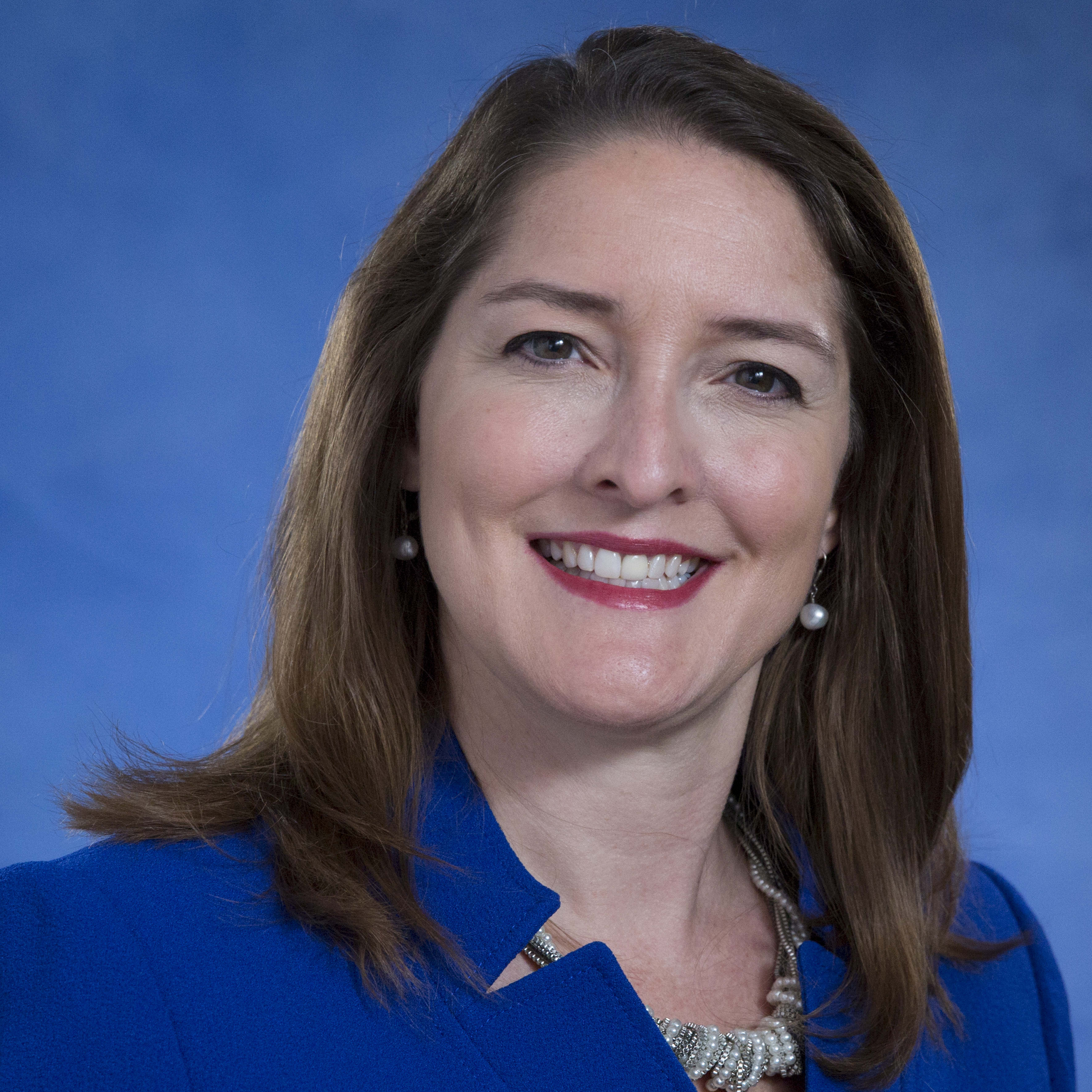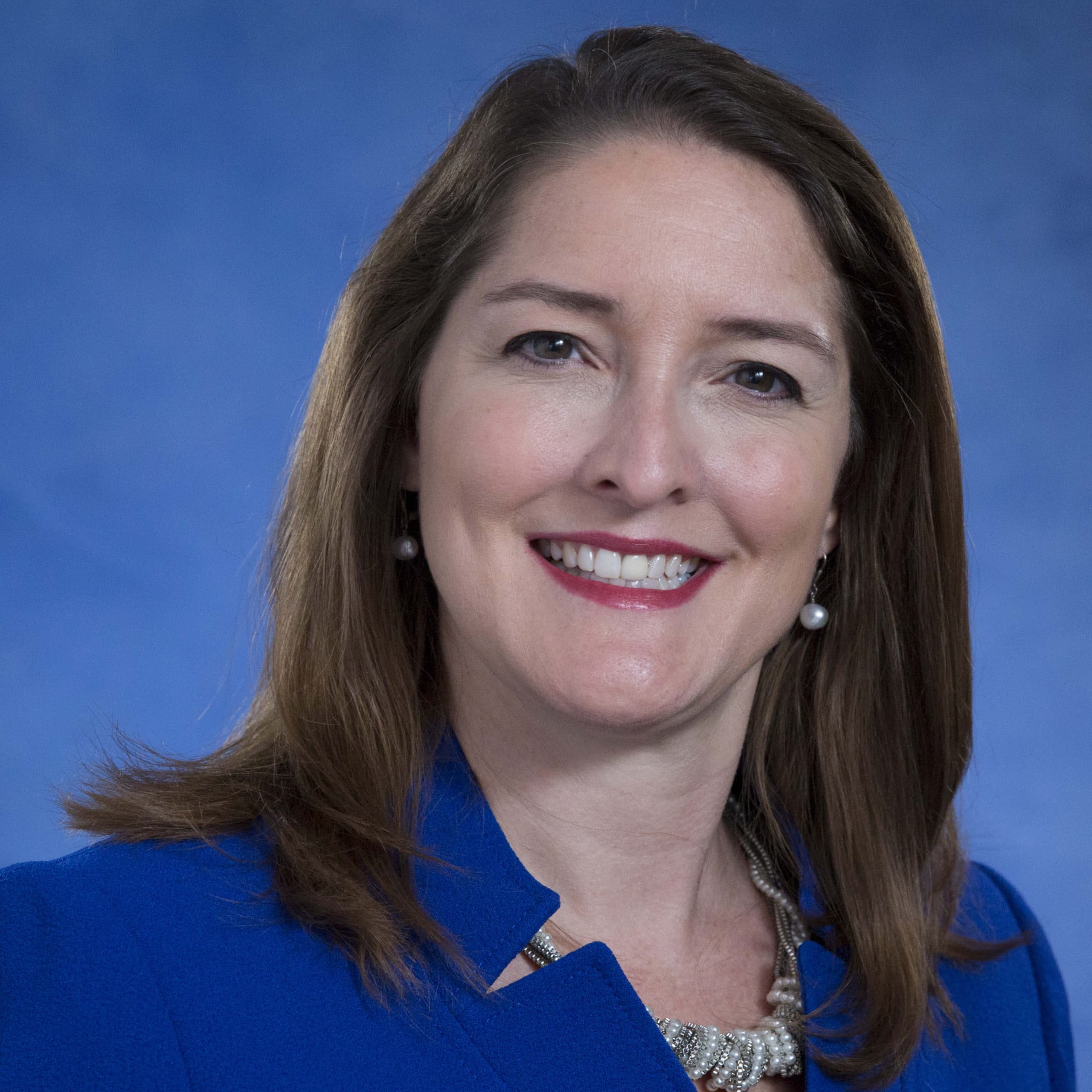
[Photo: Courtesy of United Airlines]
 Download a PDF of the 2015 WSLA Awards.
Download a PDF of the 2015 WSLA Awards.
“Be confident and don’t wait until you are sure about your abilities, dive in!”
United Airlines is now using advanced sustainable aviation biofuels (Fulcrum Bioenergy), reducing CO2 emissions by as much as 80% over traditional petroleum jet fuel. Foster-Rice, an attorney who has been with the carrier since 2002, spearheaded agreements with the biofuel suppliers to make this happen.
This is a game changer for a fuel-hungry industry. “There will continue to be incredible advancements in fuel efficiency for aviation through both aircraft innovation and operational measures,” she says. “To take aviation to the next level in reduction in carbon intensity, I believe sustainable aviation biofuels has tremendous promise. Waste materials as feedstocks—such as municipal solid waste—can also protect natural resources and turn waste into a beneficial product. Importantly, development of a sustainable aviation fuels industry can (longer term) help with fuel diversification to protect against price volatility and energy security while contributing to a clean energy economy.”
Foster-Rice’s passion for sustainability is on the ground as much as up in the air. She expresses excitement for micro-grids “that don’t require significant investments in infrastructure nor associated impacts on the environment,” for solar energy, for systems that utilize waste materials to generate heat and electricity, and for evaporative refrigeration that requires no power at all.
She warns against being distracted by “shiny objects,” advising to “stay grounded in the strategy you have built with your team. There are many more ideas to chase in sustainability than are possible to effectively implement.” Part of the leadership skills necessary to do this, says Foster-Rice, is to empower stakeholders and team members to remain honest with her even if the ideas clash. A key element is to provide mutual respect.
How fast can a $38 billion company (2014 revenues) in a tight margins, highly competitive industry embrace green ideas? “Environmental leaders in companies must keep close to the pulse of broader company objectives and cost pain points,” she says, noting the need to be flexible and to hold onto the sustainability vision through periods of market volatility. “Continue to build that strategy through small, medium, and large steps. This is a marathon not a sprint.”
Foster-Rice advises women to trust themselves and their capabilities. “Be confident and don’t wait until you are sure about your abilities,” she says. “Dive in!” She cites her sister, Renee Foster, as the source of her inspiration. “She is bold, successful, and a great leader, all while keeping perspective on what is truly most important in life.

